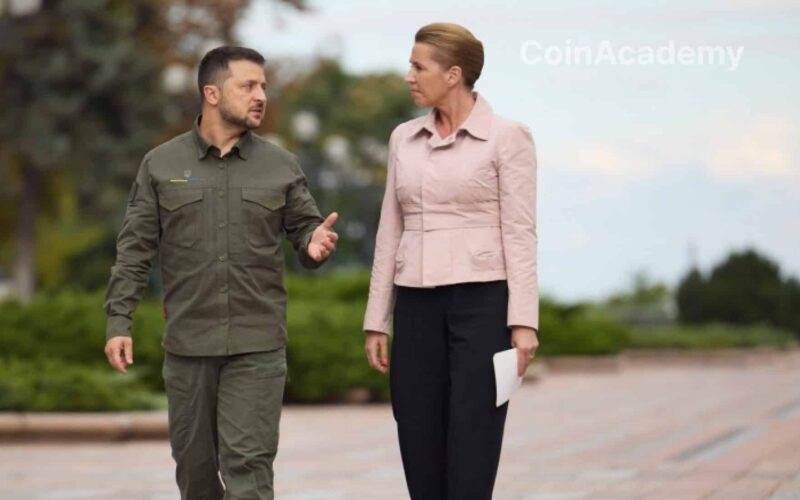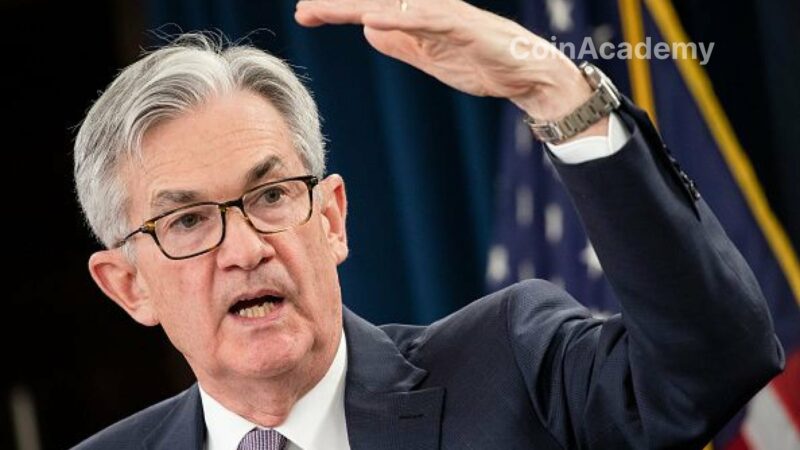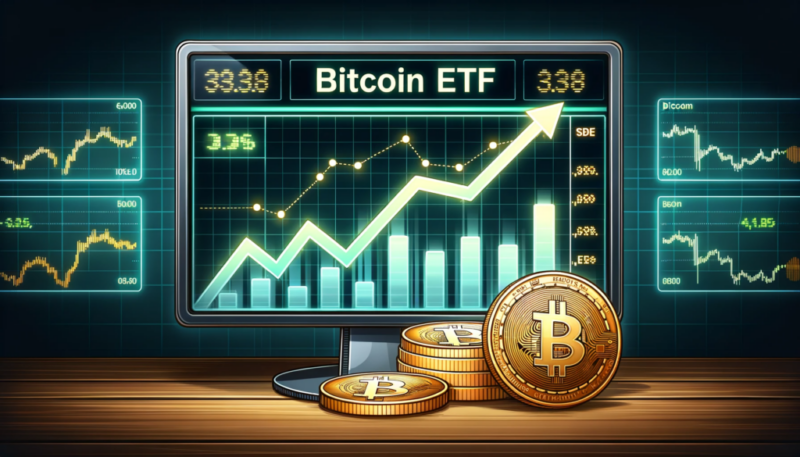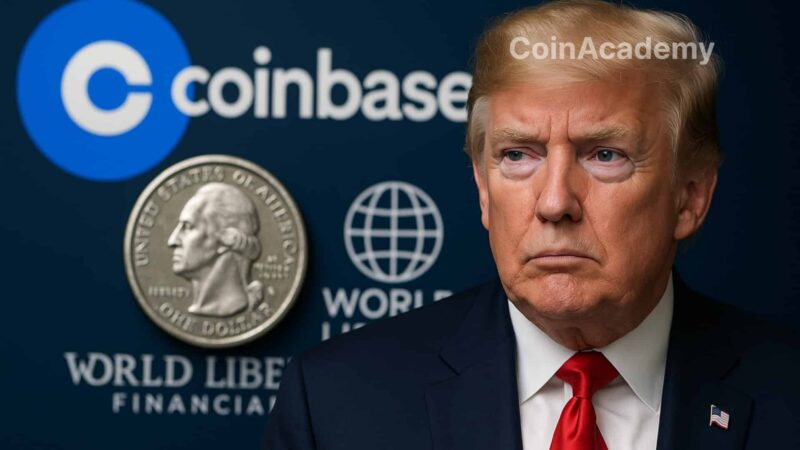Mette Frederiksen Warns Europe Against Excessive Dependence on Chinese Technology
Danish Prime Minister Mette Frederiksen has issued a warning to Europe about the dangers of becoming overly reliant on Chinese technology, drawing lessons from past dependence on Russian gas. She calls for diversifying technological sources and increasing European investments to avoid repeating past mistakes, though without specifying if this entails trade restrictions.
Frederiksen emphasizes the need for strengthened cooperation for European security, particularly in light of the threats posed by the Russian ‘ghost fleet’ and the invasion of Ukraine.
Europe, having learned the harsh consequences of excessive reliance on a single supplier, such as with Russian oil and gas, must avoid repeating this error with Chinese technology.
This is the main message from Danish Prime Minister Mette Frederiksen, who recently underscored the importance for the European Union to diversify its technological sources.
In an interview with the Financial Times, Frederiksen stressed the need to change Europe’s approach to current geopolitical challenges, particularly regarding China’s rise in power. She expressed concerns about Beijing’s implicit support for the prolonged invasion of Ukraine by Russia, calling on Europe to exercise caution and strengthen investments in local technologies.
The Threat of Technological Dependence
We were too dependent on Russian gas and oil, and now we risk doing the same with China for many technologies, which is a big mistake.
Frederiksen warns that Europe runs the risk of repeating past mistakes by becoming too dependent on China for certain critical technologies. However, she did not specify whether she supports the imposition of trade restrictions to reduce this dependence.
The Global Security Forum, where Frederiksen spoke, also featured figures like Petr Pavel, President of the Czech Republic, highlighting the key role that China could play in ending Russian aggression in Ukraine. Joseph Wu, Secretary-General of Taiwan’s National Security Council, suggested that Europe could reduce its dependence on China by strengthening a resilient democratic supply chain with like-minded partners such as the United States, Japan, South Korea, and Taiwan.
Enhancing Cooperation for European Security
The Danish Prime Minister also addressed the issue of the Russian ‘ghost fleet,’ a network of ships used by Moscow to circumvent Western sanctions and support its war economy. Frederiksen emphasized the environmental risk posed by these vessels, which regularly cross Danish straits, but did not specify the specific measures the European Union could take to counter this threat.
Denmark, a pioneer in providing military support to Ukraine, has already supplied ammunition and F-16 fighter jets to Kyiv. Frederiksen urged Western allies to eliminate remaining ‘red lines’ regarding the supply of weapons to Ukraine, asserting that restrictions on arms donations were a strategic mistake.
We no longer have time to hesitate. Faced with a war like the one Ukraine is experiencing, with global consequences for all of us, setting limits only gives the enemy an advantage. What is needed in Ukraine, we must provide them.
In conclusion, Mette Frederiksen’s remarks shed light on a Europe at a crossroads, where dependence on foreign powers, whether Russian or Chinese, is being questioned. The Danish Prime Minister calls for a reassessment of Europe’s strategic priorities, emphasizing the importance of technological autonomy and solidarity in the context of current geopolitical challenges.




